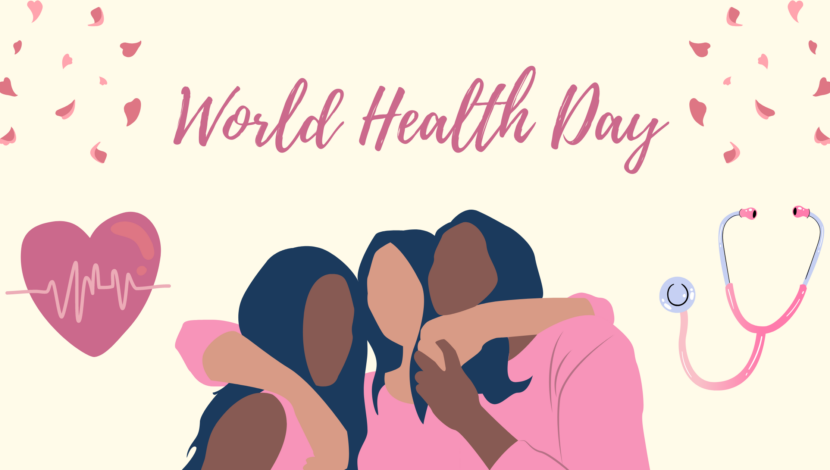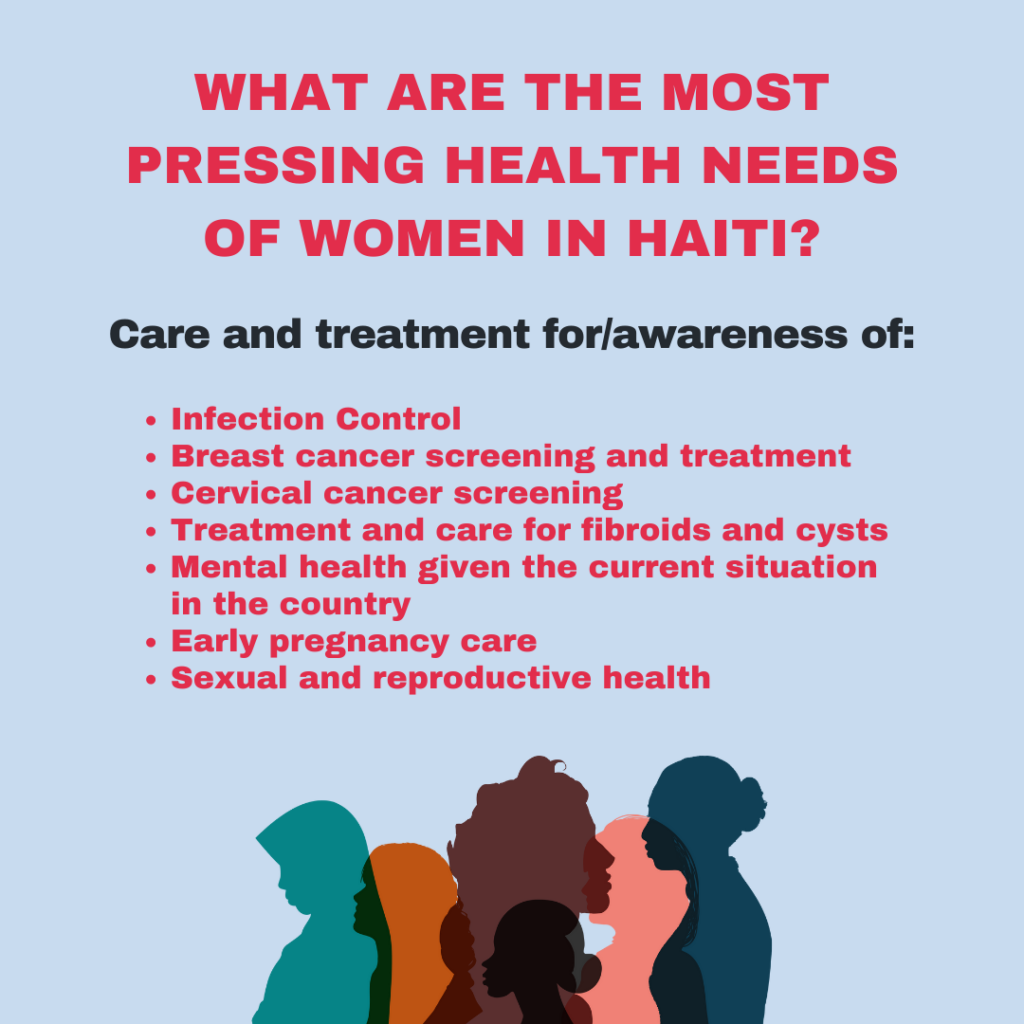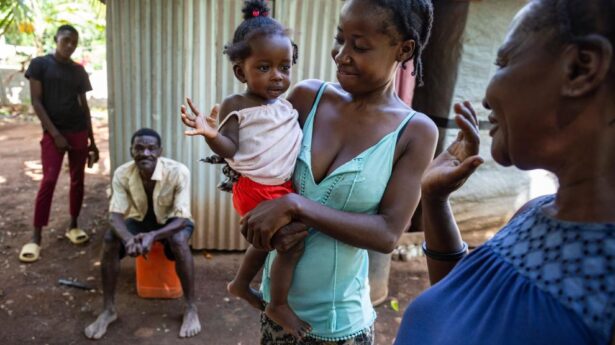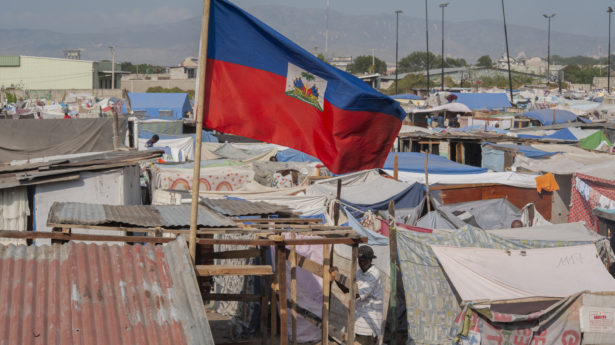The Unitarian Universalist Service Committee advances human rights through grassroots collaborations.
#HealthForAll Women in Haiti

By on April 7, 2023
Friday, April 7 is World Health Day. For 75 years, the World Health Organization (WHO) has used this day to draw international attention to the importance of a different aspect of healthcare. This year, the theme of World Health Day is #HealthForAll.
On January 10, 2023, Haiti lost its last democratically elected institution when the terms of its last 10 senators expired overnight. As there have not been any formal elections held in the country since 2019, there was no one to replace the previous senators, and Haiti was left with an empty Parliament. This event joined a host of others that have wracked Haiti over the past years and increased the country’s instability and political turmoil.
Gang violence and the threat of kidnapping, extortion, and death are part of daily life today in Haiti. In 2022, 1,200 kidnappings were reported in Haiti, though the number was likely much higher. In addition, a cholera outbreak, soaring rates of infant and maternal mortality, and high instances of malnutrition and respiratory illnesses combine to create a situation of extreme precarity surrounding health outcomes in the country.
In honor of World Health Day today, UUSC spoke with Haitian partner Solidarite Fanm Ayisyen (SOFA) to reflect on the healthcare crisis in Haiti and international interventions. SOFA is a feminist organization that brings together female peasant-farmers, traders, craftswomen, and university students. Its mission is to rally against the subordination, domination, discrimination, exploitation, and exclusion suffered by women on a daily basis. SOFA and UUSC began working together in 2022 through SOFA’s five areas of intervention: protecting against gender-based violence (GBV); advocating for the participation of women in decision-making spaces; promoting women’s health; defeminizing poverty; and strengthening organizational capacity.

Here is what SOFA shared:
What is the current healthcare landscape in Haiti?
“With regard to health care in general in Haiti, we can say that the situation is very alarming…at all levels. This weakness is signaled by the insufficiency of hospitals to meet health requirements, insufficiency of doctors (generalists or specialists), lack of health care, lack of health and other services and equipment, which has a great impact on the Haitian population, in general and in a more specific way on women’s health in relation to specific needs and in relation to their vulnerability.”
How have international response efforts impacted women’s health outcomes in Haiti
“Some international organizations and institutions have been able to help many pregnant women to have access to medical care at no or reduced cost.
The organizations have also provided maternity support. Many women have benefited from medical care to give birth to their babies, which sometimes reduces the mortality rate of women and babies at the time of delivery.
International organizations also help in the prevention of sexually transmitted diseases.”
How can individuals around the world support Haitian women during this time?
“The international community can support in raising awareness on gender-based violence (GBV); supporting organizations that promote livelihoods and other income generating activities; and supporting efforts to provide women and girl GBV survivors who have experienced rape, gang rape, physical and verbal aggression and more with psychosocial support. People can also support organizations that provide mobile clinics to Haitian women that improve their access to medicine and healthcare attention. Lastly, people around the world can help raise awareness on the prevention of STDs and early and child pregnancies while also supporting efforts that strengthen health systems.”
UUSC remains in solidarity with the people of Haiti and will continue to partner with local organizations like SOFA who support and promote the rights of Haitian women, men, and children.
Image credit: UUSC

